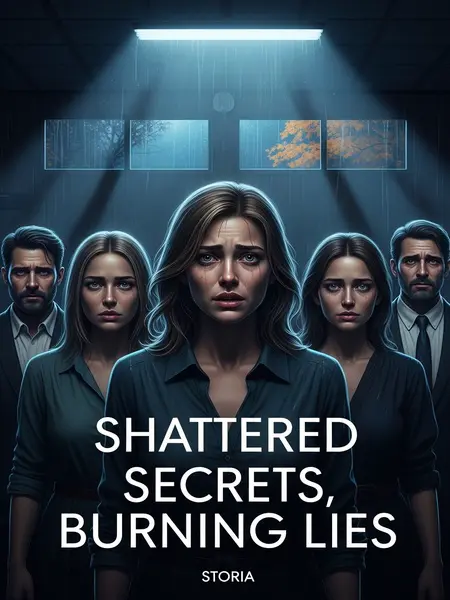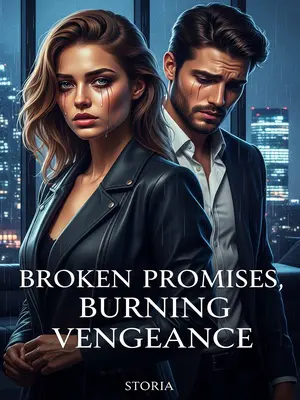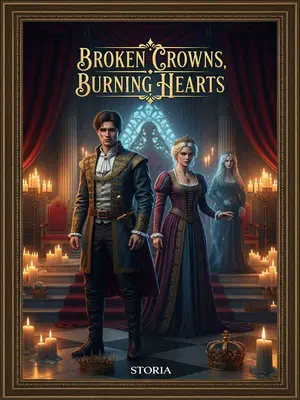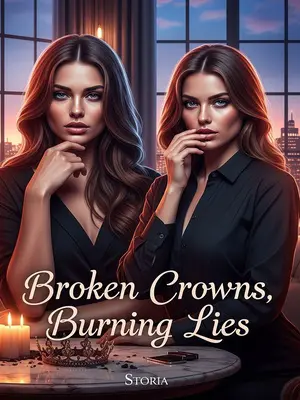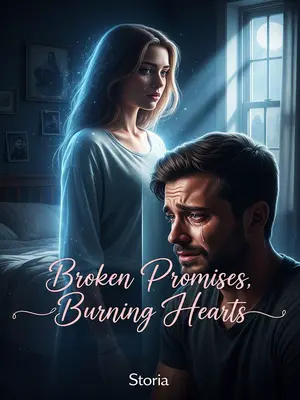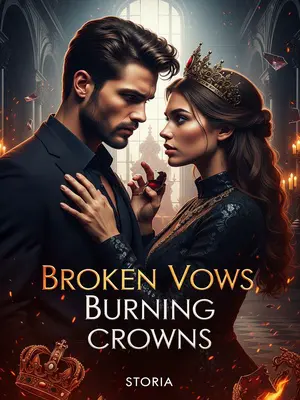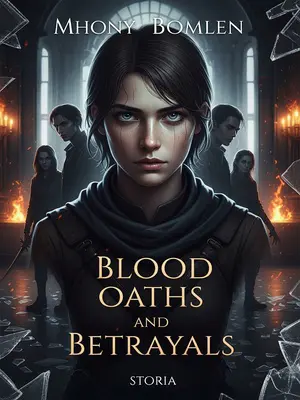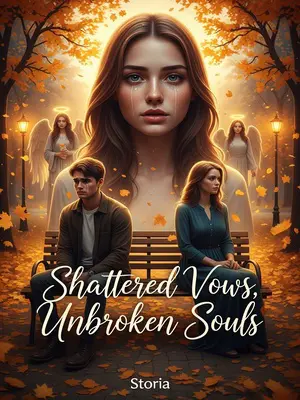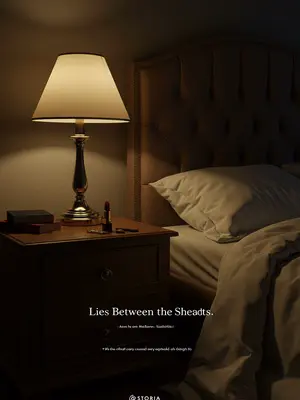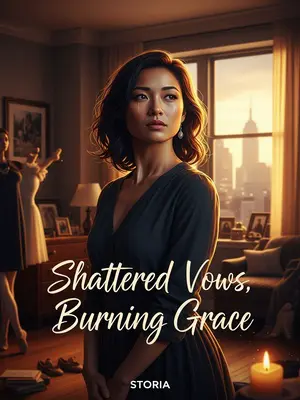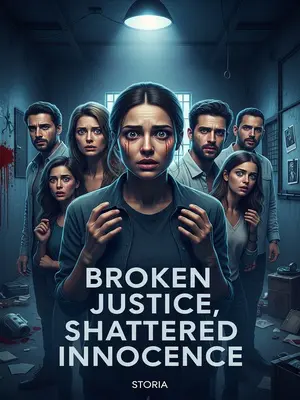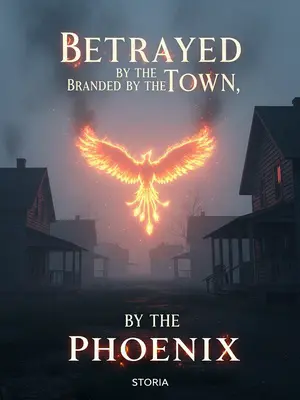Chapter 2: The Reunion Trap
So honestly, I wasn’t even surprised when I got an email from Carter.
It landed in my inbox with all the subtlety of a loaded gun on the kitchen table. I’d been waiting for it, half dreading, half hoping. Yeah, that kind of subtle.
Guess I got what I wanted. Getting Carter to reach out was exactly what I was aiming for.
I needed to draw him out, make him sweat, see what cards he’d play when cornered. It was a gamble. But I’d been playing with house money for a long time, you know?
Luckily, I didn’t have to wait long. Just a day later—boom. His email.
There it was: a message with no subject line, just his name in the sender field. I could almost hear his smooth, practiced voice behind the words. Classic Carter.
In the message, he invited me to meet at a lakeside café near campus, saying he wanted to catch up. Yeah, right. "Catch up."
The kind of invitation that sounds harmless, but feels like a test. Always polite. Always in control. Like he could will the world into order just by asking.
I knew exactly what he wanted to discuss. Since we parted ways ten years ago, we’d silently agreed never to bring it up. But now that Autumn’s remains have been found, everything has changed. Everything. Has. Changed.
That unspoken pact was thin as old ice. With Autumn’s body found, the past had become a living thing again, clawing at our heels.
Ten years ago, Carter started a mystery novel club. He and Autumn, the founders. Bryce Moreno and Tyler Grant joined later. Me? Tyler brought me in.
Weird little tribe, all right. We were a weird little tribe, orbiting around Carter’s charisma and Autumn’s restless curiosity. Tyler was the one who nudged me in, insisting I belonged—even when I wasn’t so sure.
We’d usually get together to talk about detective novels—Ellery Queen, Agatha Christie, you name it. Our shared interests brought us close.
The club meetings were a lifeline—late-night debates over who killed Roger Ackroyd, scribbled notes, coffee that tasted like burnt hope. For a while, it felt like we were part of something bigger than ourselves. For a while, anyway.
Autumn was our club’s unofficial manager. Besides handling day-to-day stuff, she was obsessed with solving the mind-bending puzzles in mystery stories. She kept us all in line.
She was the one who kept us organized. Always three steps ahead. Always. Her mind spinning with theories—she loved a good riddle, the tougher the better.
I’d often see her alone in the classroom late at night, reading, with a sheet of paper beside her covered in dense notes and diagrams. The glow of her desk lamp, her notes covering every inch of paper.
Sometimes I’d walk by and see her hunched over, eyes narrowed, pen flying across the page—like she was trying to solve a puzzle no one else even saw.
Later, the School of Arts hosted a novel-writing contest. Carter suggested our club enter, but after several meetings, we still had no inspiration. Nothing. Not a single good idea.
We tossed ideas around like confetti, but nothing stuck. The pressure built, and so did the frustration. Carter hated failure, and it showed. He’d clench his jaw, glare at the whiteboard, and say, "We can do better than this."
I don’t know where Carter heard it, but supposedly, years ago, there was a middle school out in the hills. The story went that, after study hall, a girl was dragged into the bathroom by a drunk boy.
Even in a town as small as Silver Hollow, old scandals have a way of lingering. The rumor was dark, the kind you only talk about after dark—the kind that made you lower your voice if you had to mention it at all.
The school, worried about its reputation, tried to hush it up. The boy’s family was influential and pressured her too, but she insisted on calling the police.
It was the kind of story people only whispered about, as if saying it out loud might summon the ghosts themselves. The injustice clung to the walls, never quite faded.
Under pressure from both sides, the girl broke. Stabbed the boy. Then jumped.
Even after all these years, people still avoid the spot, walking a little faster past that place, as if afraid her ghost might be watching.
After that, the school was shut down. Rumors of hauntings spread. People passing by at night swore they heard a girl crying near the building.
Teenagers dared each other to sneak in, but most never made it past the gates. The wind always seemed colder there, the shadows deeper. I never made it past the gates, either.
So, Carter suggested we camp overnight at the abandoned school, hoping it would spark some inspiration. "Come on," he said, "it’ll be an adventure."
It sounded reckless, but we were young and hungry for stories. Young and stupid, really. Carter pitched it like an adventure—a chance to get close to something real.
Back then, we were young and cocky—no one wanted to admit they were scared. We all agreed, promising to protect Autumn. Ironically, Autumn was the least afraid. Her face was flushed with excitement, like she couldn’t wait to run straight into the fire.
She grinned at us, daring us to keep up. I remember thinking, nothing could touch her. Not even the darkness. Or so I thought.
So we entered that abandoned building, and Autumn never came out again. She never came out.
The memory of that night is a knot in my chest that’s never come loose. We walked in together, laughing and shoving, and walked out with an empty space between us—a space that’s haunted me ever since.
I have a bad feeling about this reunion. The weight of Autumn’s disappearance hangs over me like a storm cloud. None of us. Not a chance. I know that, one day, this will all come back to haunt us—and none of us who were there that night will escape.
Every time I close my eyes, I see her shadow flickering at the edge of my vision. There’s no escaping it, not really. The guilt sticks to your skin, thick as sweat.
But I have to go. No choice. This has to end.
It’s not about courage. It’s about necessity. Some debts have to be paid, no matter how much you’d rather run. I’d run if I could.
